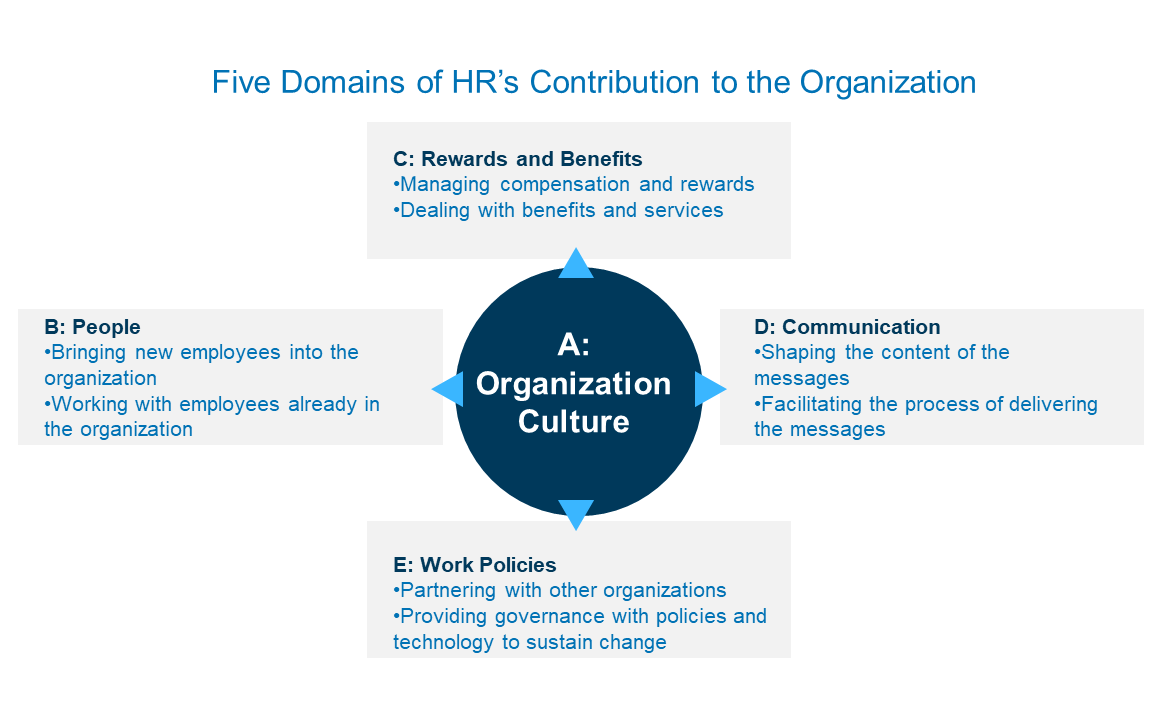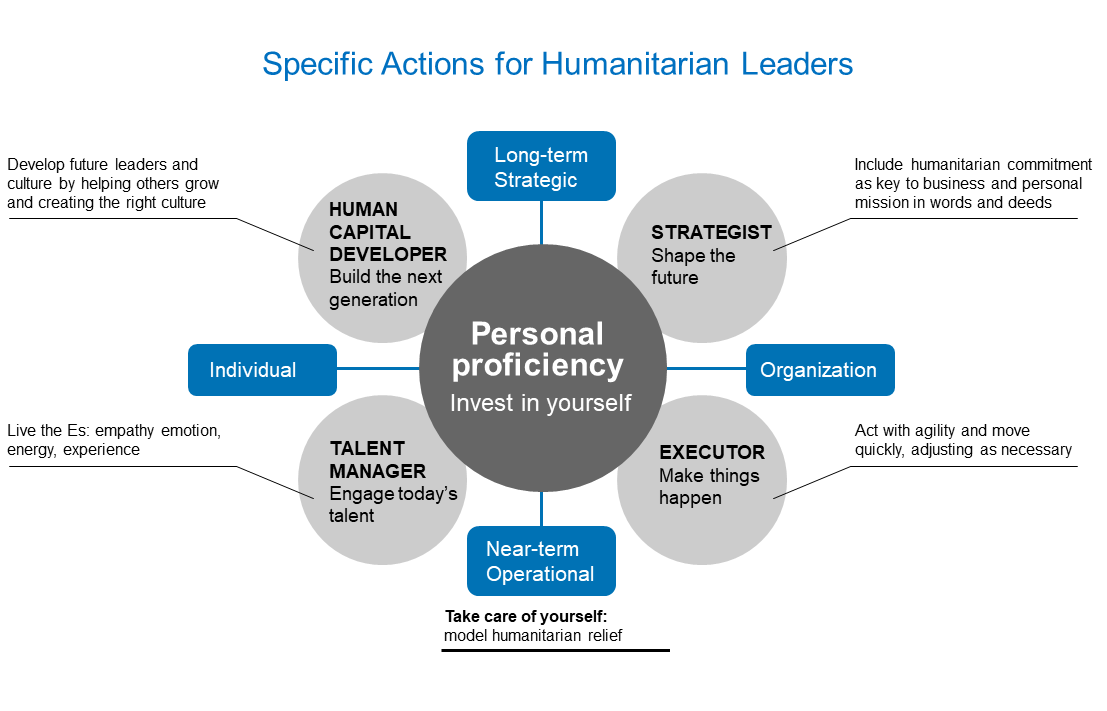The Next Horizon of the Conflict in Ukraine: Leveraging the Power of Organizations (Part 1 of 2)
Part 1: HR = Humanitarian Relief
It is not possible to watch the horrific images of the war in Ukraine and not be moved by the unfolding humanitarian crisis. So many leaders have taken steps to support impacted employees as well as their employees across the larger organization; the desire to help in the immediate crisis has resulted in positive action. But the lingering impact of the war in Ukraine will affect generations to come—we must begin to think about the next horizon of humanitarian relief.
We had the opportunity to host a public webcast on 12 April (Day #49 of the invasion) to explore the next phase of support for Ukrainian refugees. CEOs and CHROs should begin planning how their organizations can mitigate the impact of this humanitarian crisis with longer-term solutions to help thousands of Ukrainians begin the journey to a new life. We know that organizations and their leaders can be a powerful force for good, and we wanted to share thoughts and gather the collective wisdom on how.
The refugee crisis in Ukraine is the largest and fastest outflow of people from a country since WWII but is just one part of a bigger picture of a humanitarian crisis also involving the internally displaced and trapped. More than four million Ukrainians (mostly women and children) have fled the country (2.3 million to Poland alone), according to estimates by the United Nations. More than 6.5 million have been displaced internally. An additional 13 million, in many ways the most vulnerable, are stranded in place due to ongoing conflict, destroyed roads and bridges, or lack of information on where to go.
Horrific images and headlines must not deter us. There are ways organizations and HR professionals can help. There are the immediate needs of refugees and displaced Ukrainians that so many corporations, NGOs, governments, medical and religious organizations, and volunteers have tried to address to stem the initial tide of this humanitarian crisis. Poland, in particular, will be remembered for having shouldered so much of the care offered to refugees.
HR must become a “humanitarian response” partner in this continuing stream of humanitarian crises. HR is not focused on just the HR function but rather the management of our human resources in its largest sense. This is true for any crisis of this magnitude that may occur. In this humanitarian response, HR, in partnership with other business leaders, can mitigate the impact of humanitarian crises.
There are four levels at which HR professionals can contribute to this and other crises:
- Crisis responder: Recognize general principles for responding in a crisis.
- Individual/employee caregiver: Care for ourselves, so we can care for others.
- Organization/HR architect: Design and deliver HR practices to shape organization culture and governance.
- Leadership coach: Help business leaders at all levels provide direction, create meaning, and engender hope.
Let’s focus on the organization/HR architect level for a moment. The recent research from the HR Competence and Capability Study (HRC2S) with over 28,000 global respondents in over 1000 firms and the Organization Guidance System (OGS) with data from another 1,000 firms demonstrates that HR professionals architect organizations to turn individual action into collective, sustainable solutions. The organization work of HR can be divided into five domains of specific actions HR can pursue in responding to a humanitarian crisis (see figure below).

Source: Dave Ulrich, How HR Can Become a "Humanitarian Response" Partner, March 2022
HR professionals can take specific actions across these domains in any crisis to create a culture of caring and competitiveness; review, adapt, adopt, invent, or execute actions around people, rewards and benefits, communication, and work policies.
Now a focus on the leadership coach level where the CHRO can help business leaders at all levels provide direction, create meaning, and engender hope. In this crisis, as in any other, employees look to their leaders for inspiration and confidence. Rebecca has written about the leadership of Volodymyr Zelensky and our rare opportunity to see leadership in action, not simply what we all hope we would do as leaders if called upon in such a situation. In Dave’s research at The RBL Group, he has identified five domains of effective leadership called the Leadership Code. In the figure below, he suggests specific actions in each of the five domains to help leaders develop humanitarian business attributes. HR professionals as humanitarian response partners can select, promote, coach, train, develop, motivate, and support these business leaders by demonstrating the competencies of effective HR professionals that we have reported in their research.

Source: Dave Ulrich, How HR Can Become a "Humanitarian Response" Partner, March 2022
In the past few years, HR has become a critical player in efforts to keep employees safe, productive, and engaged during a global pandemic (with continuing aftermath), an economic crisis, social unrest, and now a humanitarian crisis in Ukraine. For many members of us, it was and continues to be a heavy lift but, in some ways, perhaps our finest hour as a profession.
In Part 2, we’ll share what HR leaders told us they are planning to do to make a difference for the long-term impact of this humanitarian crisis.
To watch the webcast on demand, click here
For a 360° view of geopolitical crises, starting with the Russo-Ukrainian war, and to read some of the excellent work done by our colleagues around the globe particularly in the human capital space, please visit our Geopolitics Hub where you can find the insights for what’s ahead to help you lead with confidence.
Never doubt that a small group of thoughtful, committed citizens can change the world; indeed, it's the only thing that ever has.—Margaret Mead













